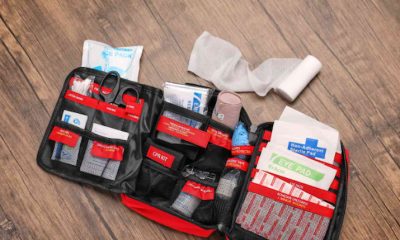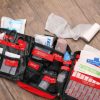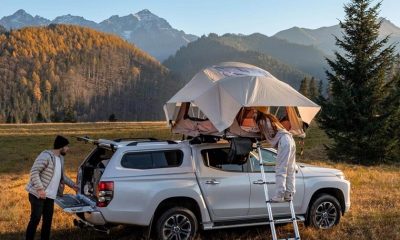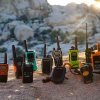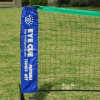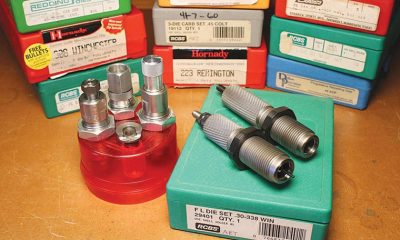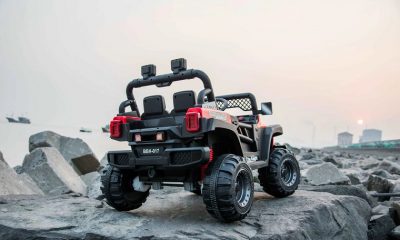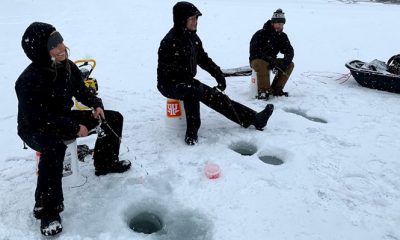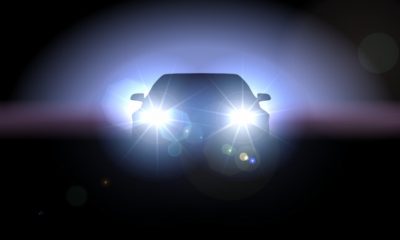Camping
Shining a Light on Flashlights: A Buyer’s Guide
Torches are one of those everyday items that you don’t really think about until you need one. Whether you’re hiking, hunting, exploring dark and creepy corners of your attic, or simply navigating a power outage, having a reliable and effective tool on hand can make all the difference. So, get ready to shed some light on this essential tool!
Whether you’re looking for a compact EDC light or a high-powered tactical light, you can find one that suits your needs in a well-stocked online torch shop. These tools are tried and tested, and they come from reputable brands, so you can be confident that you’re getting a product that’s built to last. With detailed product descriptions and specifications on the website, it’s easy to compare different models and find the right one for you. To help you out, I’ve put together five important tips that will guide you in the right direction.
Light Output
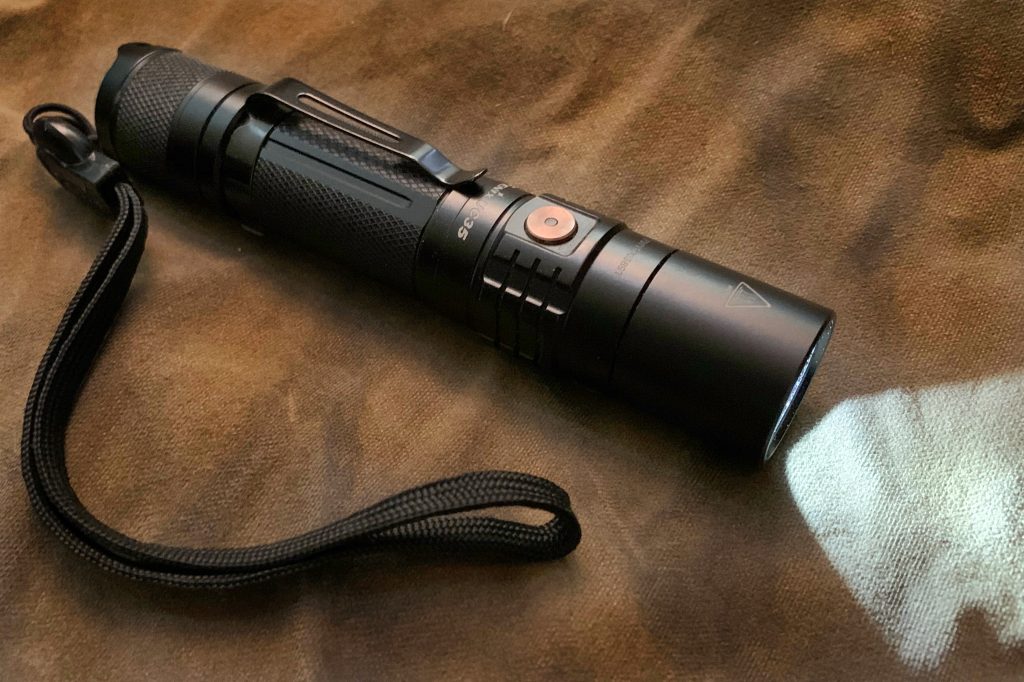
source: gearjunkie.com
The light output is one of the most significant aspects to consider. It’s measured in lumens, which is a unit of measurement for light emitted by a source. When you’re choosing a flashlight, it’s important to consider how much illumination you’ll need for your intended use. If you’re using it for everyday tasks such as walking the dog or finding your way around a dark room, a lower output of around 100 to 300 lumens should be sufficient.
On the other hand, if you’re using it for more demanding activities such as camping, hunting, or search and rescue operations, you’ll want to look for a higher output tool with at least 1000 lumens or more. Higher light output will be able to illuminate a larger area and provide a brighter beam, which is crucial in certain situations.
Of course, this isn’t the only factor to consider when choosing a flashlight. Other factors such as battery life, durability, and size and weight also come into play. But if you’re looking for a tool that will provide reliable, powerful illumination, lumen output is definitely a key consideration.
Battery Runtime
The battery life of a LED torch refers to how long it can operate on a single set of batteries before they need to be replaced or recharged. This is another important consideration because it affects how often you’ll need to charge your batteries, and how much use you’ll get out of your device before it needs attention.
When it comes to battery runtime, there are a few different factors to consider. First, you’ll want to look at the type of battery the tool uses. Some batteries, such as lithium-ion batteries, offer longer runtimes than others. You’ll also want to consider the capacity of the battery – a higher-capacity battery will typically last longer than a lower-capacity one.
The lumen output also impacts the battery life. Higher-output lights use up more battery power than lower-output ones. So, if you need a flashlight with a longer battery life, you may want to choose one with a lower output.
It’s also worth noting that rechargeable lights are a great option if you’re looking to minimise how much you need to replace your batteries. You can charge rechargeable torches via USB or a charging dock, which makes them convenient and cost-effective in the long run.
When you’re in the market for a light, be sure to check the product descriptions and specifications to get an idea of the battery runtime you can expect. And if you have any questions, be sure to reach out to the experts for help.
Water and Impact Resistance
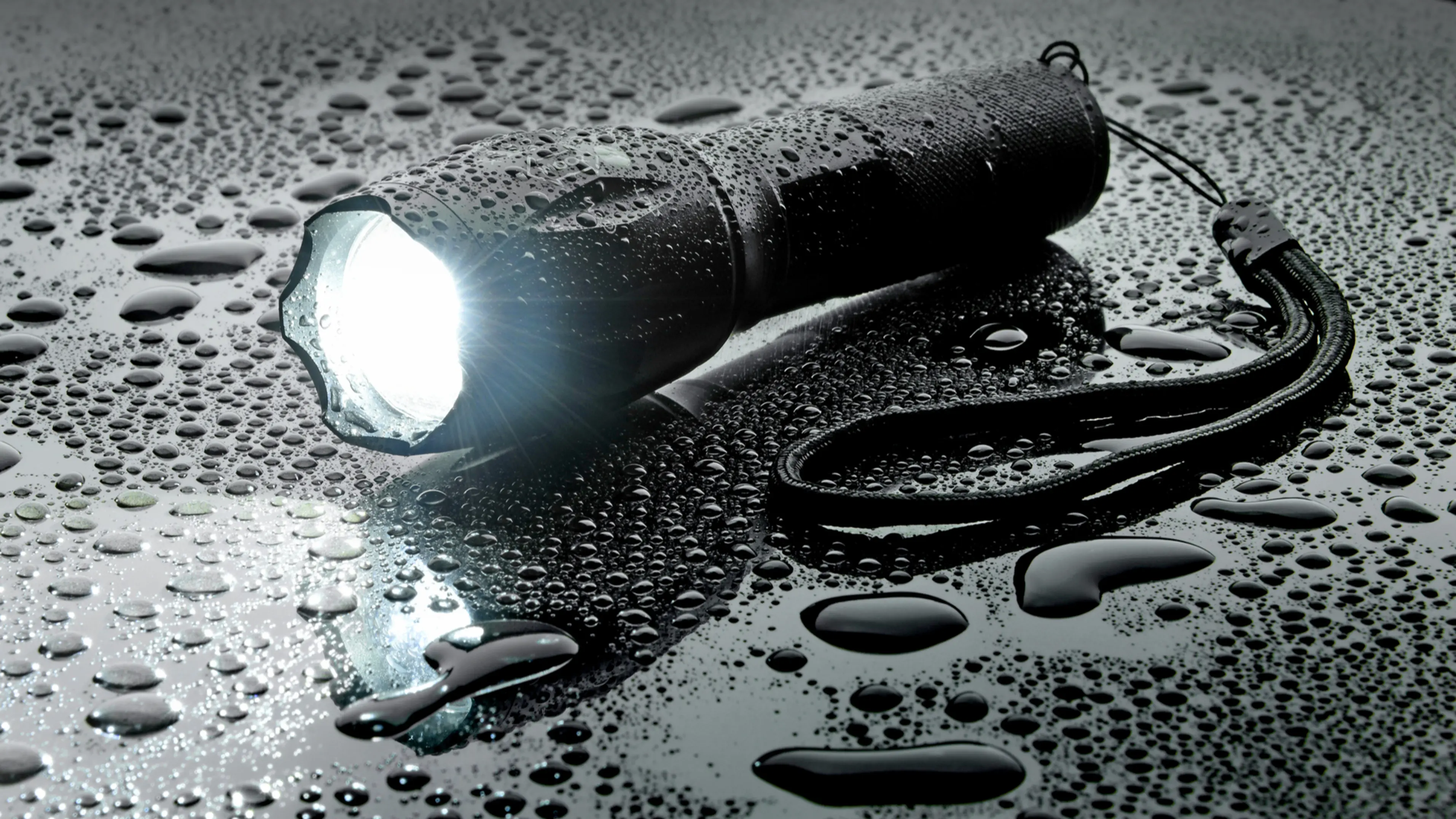
source: lifesavvy.com
It’s important to look for models that are designed to be durable and withstand tough conditions. One important feature to consider is whether the light is water-resistant or waterproof. If you plan to use it outdoors, or in wet or damp conditions, it’s crucial that it’s waterproof.
But how do you know if a flashlight is waterproof?
One common certification to look for is the International Protection (IP) rating, which describes the degree of protection that the device has against intrusion from water, dust, and other particles. The IP rating is represented by two numbers – the first number refers to the level of protection against solid particles, while the second number refers to the level of protection against liquids.
Another important factor to consider is whether the device is impact resistant. If you’re planning to use it in rugged conditions or if you’re prone to dropping things, an impact-resistant model can be a great choice. These flashlights are designed to withstand bumps, drops, and other impacts without breaking or malfunctioning.
Size
Lastly, size is another important factor to consider when shopping in an online torch store, as it can impact its portability, ease of use, and overall functionality. One of the main considerations when it comes to size is how easily you can carry or store your device.
If you plan to use it on the go, for example, while camping or hiking, you’ll need a smaller, more compact model that you can easily store in a backpack or pocket. On the other hand, if you plan to use it mainly at home or in a workshop, you can go for a larger, heavier model that offers more advanced features.
Additionally, the size of the LED or bulb can also impact how you use the device. Smaller flashlights tend to have smaller LEDs, which impacts the brightness and intensity of the light they emit. Larger flashlights, on the other hand, can accommodate larger bulbs or multiple bulbs, which increases the overall brightness and coverage of the light.
Writing for the blog since 2012, Chris simply loves the idea of providing people with useful info on business, technology, vehicles, industry, sports and travel – all subjects of his interest. Even though he sounds like quite the butch, he’d watch a chick flick occasionally if it makes the wife happy, and he’s a fan of skincare routines though you’d never have him admit that unless you compliment his impeccable skin complexion.



